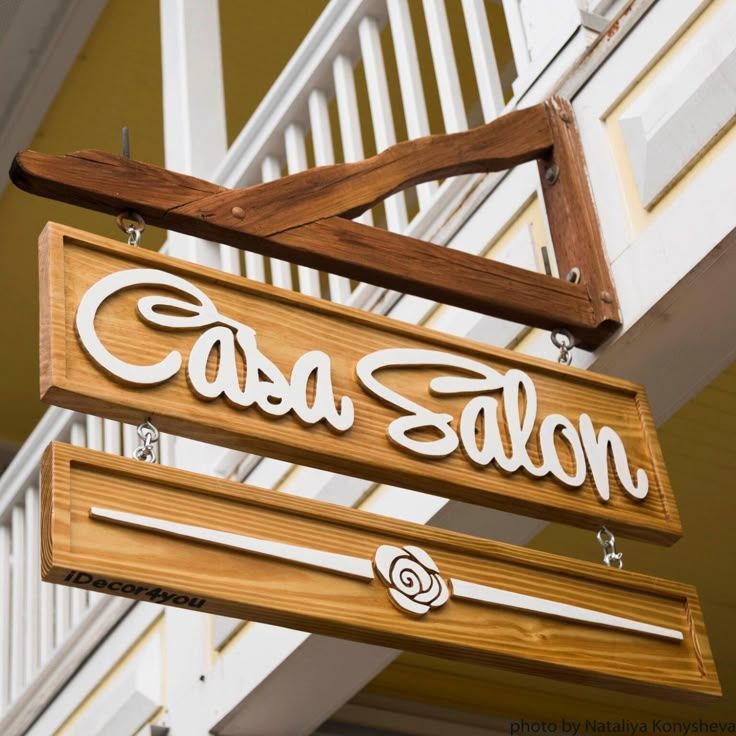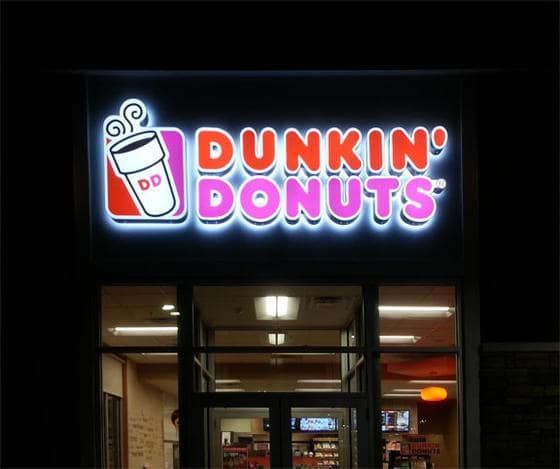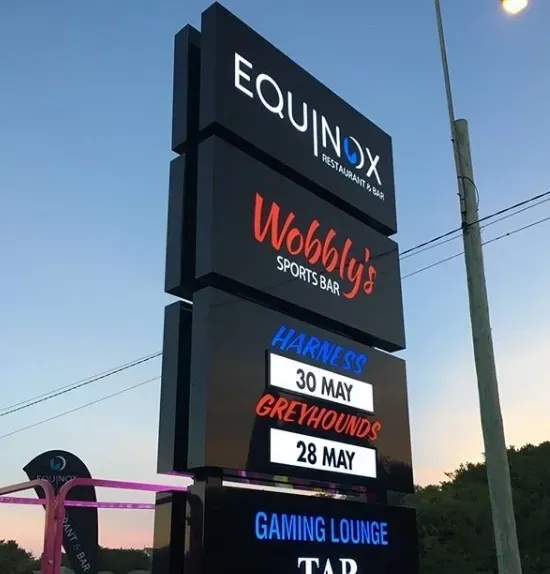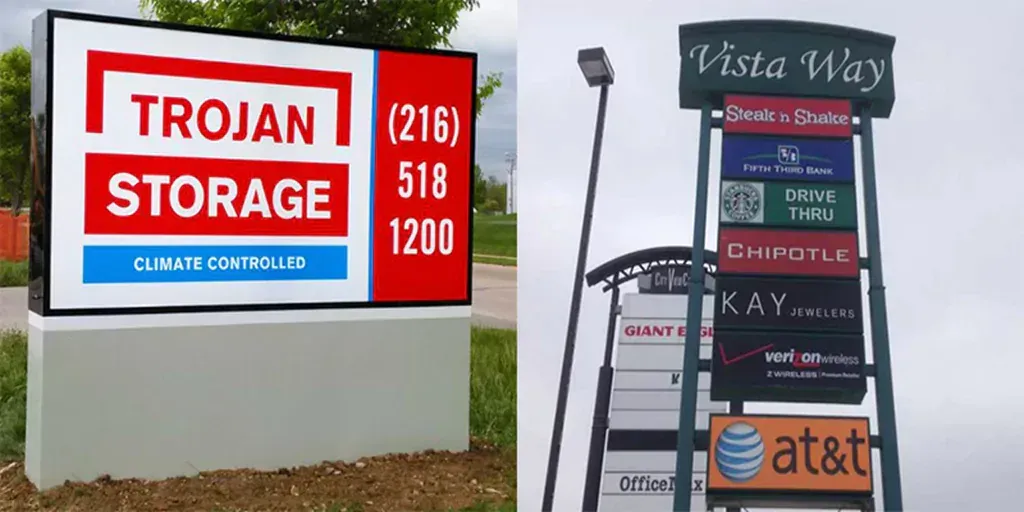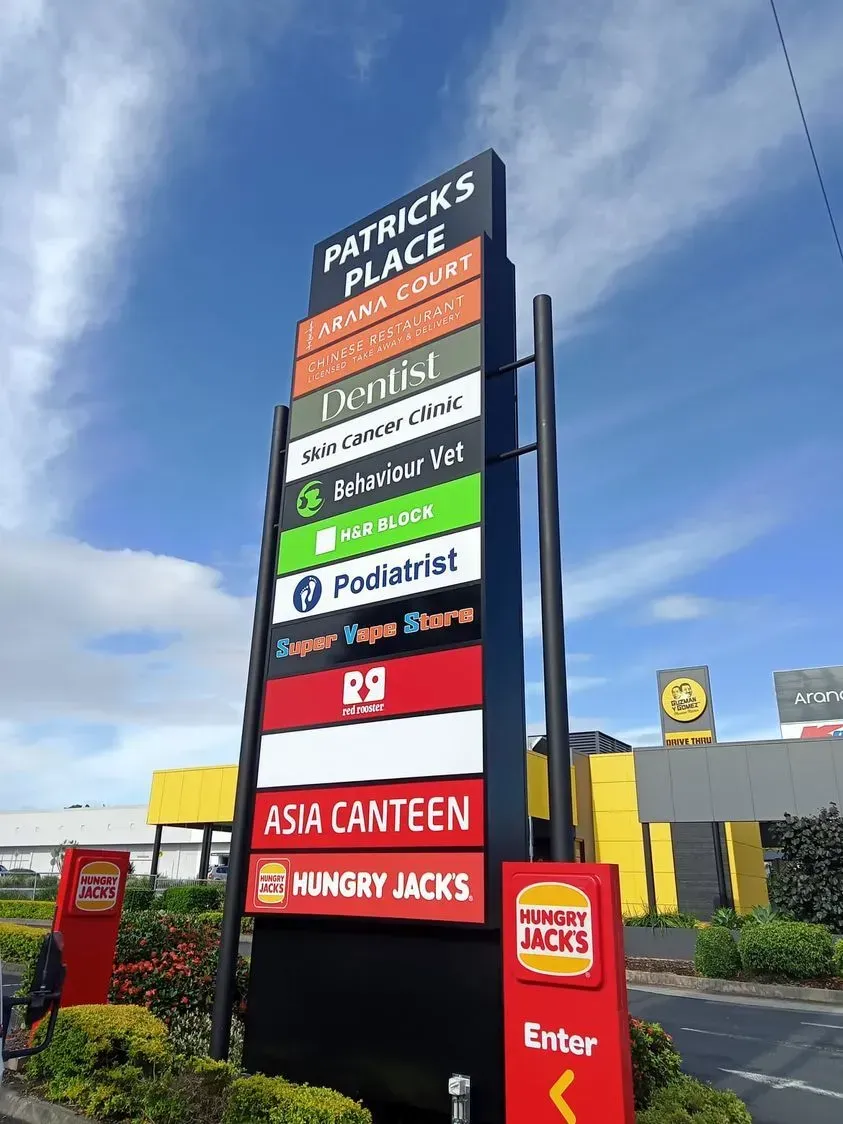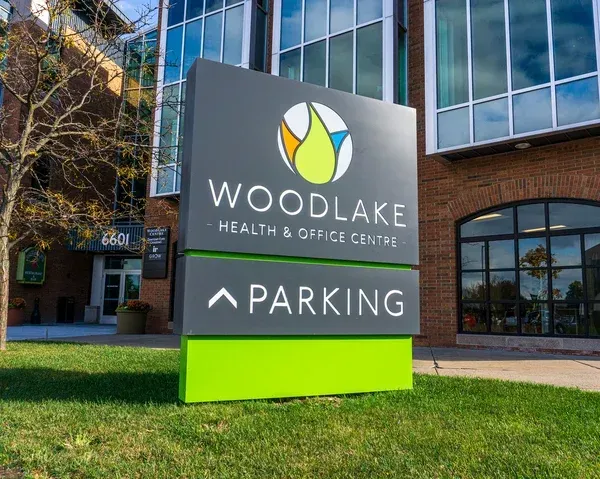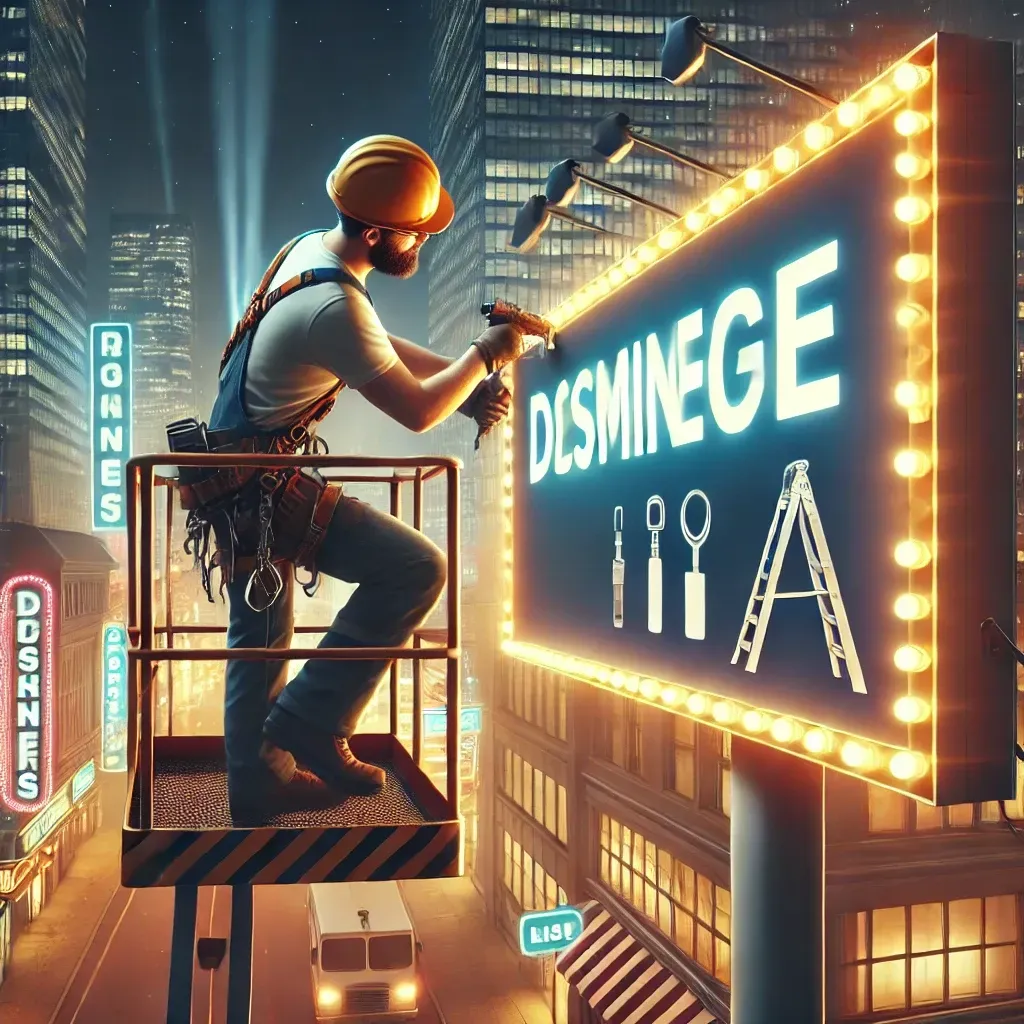Do You Need a Permit for a Business Sign?
TLDR;
Yes, in most U.S. cities and counties, you need a permit for a business sign. Permits ensure your signage meets safety, zoning, and aesthetic rules. Skip the permit, and you risk hefty fines, forced removal, or even business license issues.
What Is a Business Sign Permit and Why It Matters
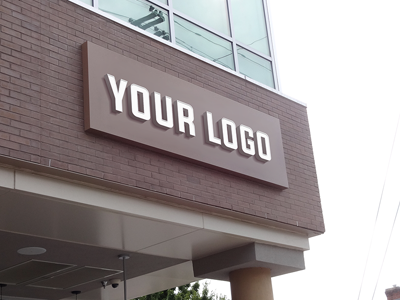
A business sign permit is a formal approval from your local government to install, modify, or display a sign outside your business.
Why local governments require permits:
- To
protect public safety — unstable or poorly installed signs can be hazards
- To
preserve community aesthetics and reduce visual clutter
- To enforce
zoning regulations specific to commercial and residential zones
- To prevent
interference with traffic or pedestrian pathways
Why it matters to your business:
- Prevents fines and forced removal
- Supports your brand image with legal, high-quality signage
- Avoids delays during business openings or remodels
- Ensures compliance with property lease terms or business insurance policies
Types of Business Signs That May Require a Permit
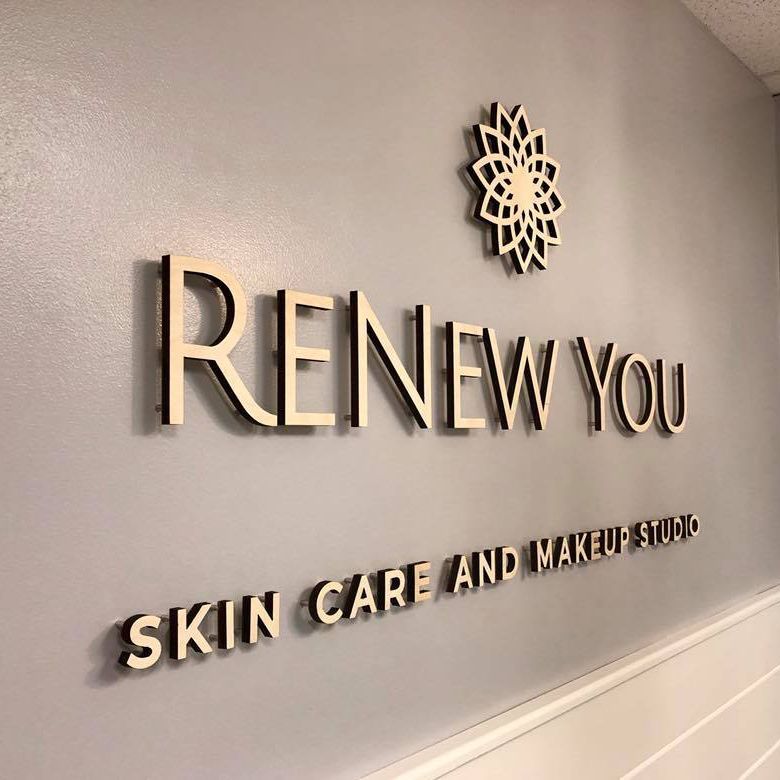
Common Sign Types That Need a Permit
- Wall signs – mounted to the front or side of a building
- Freestanding signs – monument, pylon, or pole signs
- Business Signage with Channel Letters – individual illuminated letters often used on storefronts
- Window graphics – especially those covering more than a certain percentage
- Canopy and awning signs – especially if illuminated
- Illuminated or LED signs – any sign with electrical elements
- Directional and parking signs – on private property but visible to public
Temporary Signs Often Still Require Permits
- Grand opening banners
- “Now hiring” or seasonal promotional signs
- Feather flags or sidewalk signs
These are typically allowed for a limited time with a temporary sign permit.
What Usually Doesn’t Require a Permit
- Small
interior signs not visible from the outside
- Non-illuminated signs under a specific size (varies by city)
- Temporary window displays made of paper or vinyl
Always verify with your city’s zoning or planning department—exceptions vary widely.
When and Where You Need a Sign Permit
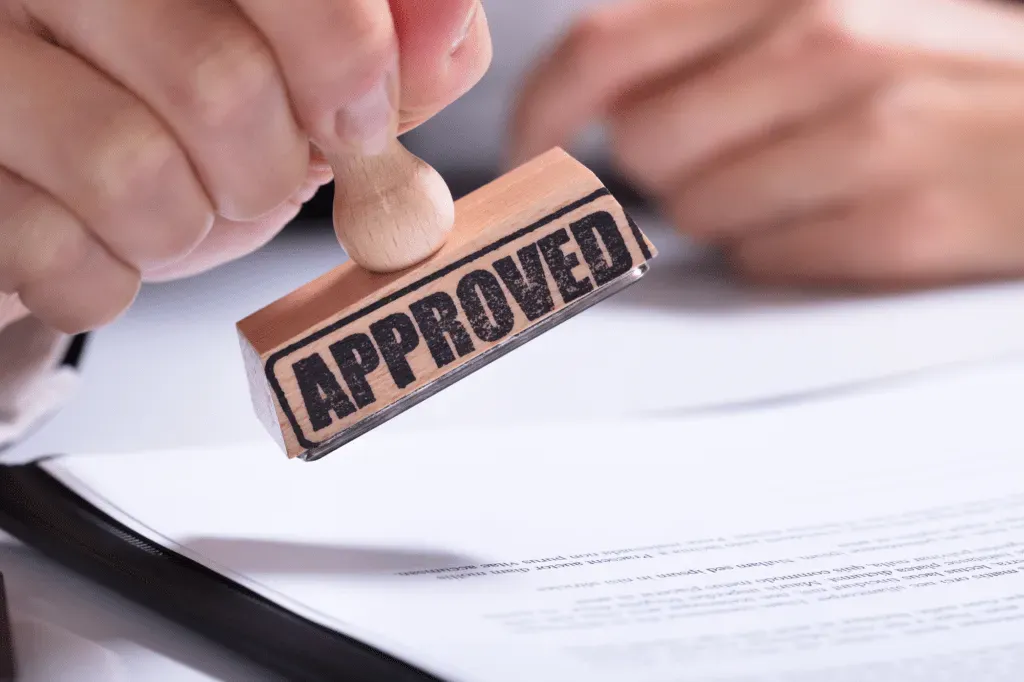
Do You Need a Sign Permit in What City?
If your sign will be visible from a public street, sidewalk, or another business, chances are high that a permit is required. Most municipalities follow similar enforcement rules, but here’s how it generally breaks down:
Urban vs. Rural Areas
- Urban or suburban zones have strict zoning and visual codes
- Rural areas may be less restrictive, but you’ll still need approval in most incorporated towns or villages
Commercial vs. Residential Zones
- Commercial zones may allow larger, illuminated signage
- Residential zones (for home-based businesses) often ban or heavily restrict exterior signage
Zoning Ordinances Matter
Before designing your sign, check your zoning classification. This affects:
- Maximum sign size
- Allowable sign height
- Distance from the road or sidewalk
- Whether lighting is allowed
- Number of signs permitted per business or lot
Step-by-Step Process to Apply for a Sign Permit

- Check your local city or county’s website
- Find the zoning or planning department’s signage guidelines
- Review your zoning classification
- Use an online map or contact the office to confirm
- Hire a licensed sign company like
Horizon Sign and Lighting
- We help design code-compliant signage and handle the paperwork
- Prepare your permit application
- Include:
- Sign renderings
- Location/site plan
- Building elevations
- Materials and dimensions
- Business license copy
- Submit your application
- Online or in-person, depending on jurisdiction
- Pay fees
- These vary by sign type, size, and city
- Wait for review
- Typically 5–20 business days, sometimes longer if an inspection is required
- Schedule inspections (if needed)
- For electrical signs or structural installations
- Receive permit and install your sign
- Do not install until you have written approval
Business Sign Permit Checklist

- Site plan with proposed sign location
- Sign dimensions and materials
- Lighting or electrical details (if applicable)
- Mounting/structural details
- Property owner or landlord approval
- Business license and tax ID
- Zoning map reference
- Permit fee payment
- HOA approval (if in a development or shared space)
Common Mistakes That Can Get You Fined
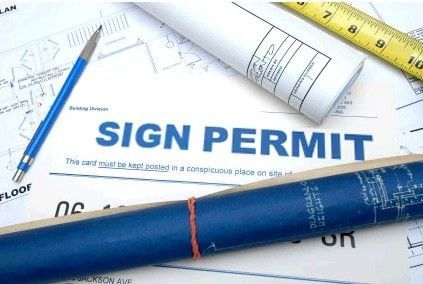
This is paragraph text. Click it or hit the Manage Text button to change the font, color, size, format, and more. To set up site-wide paragraph and title styles, go to Site Theme.
- Installing a sign
without a permit
- Using
prohibited lighting types (flashing lights, for example)
- Violating
setback requirements
- Exceeding
maximum sign area or height
- Mounting signs on
public property without permission
- Changing your sign without
filing a modification permit
Penalties can include:
- Daily fines until corrected
- Mandatory removal
- Suspension of occupancy or business license
- Liability for accidents or property damage
How Much Does a Sign Permit Cost?
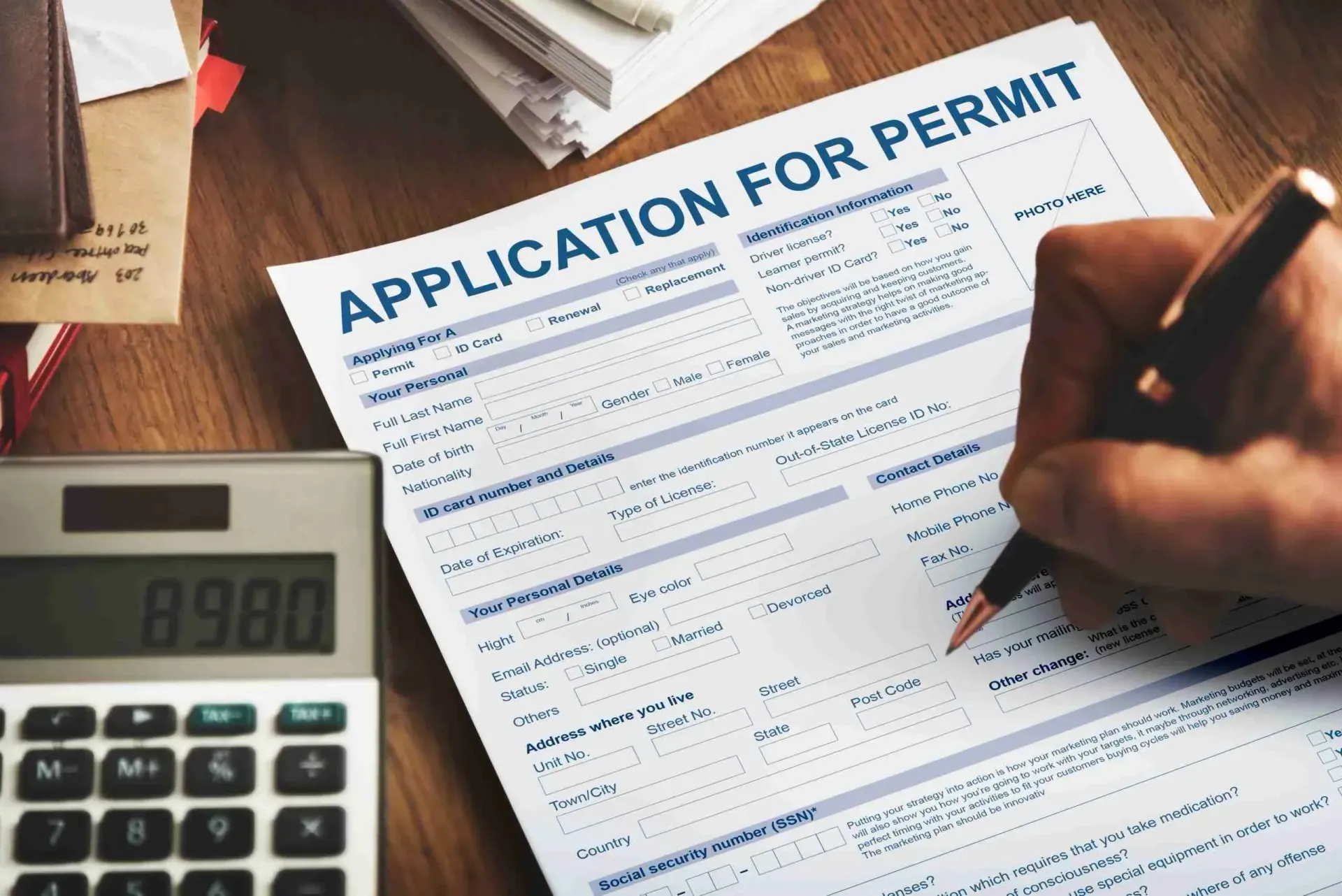
Typical Cost Breakdown
- Small storefront sign: $75 – $250
- Monument sign: $300 – $1,200
- Illuminated/electrical sign: $500 – $2,500+
- Temporary banner permit: $25 – $100
- Modification or renewal fees: $50 – $200
Additional Costs to Expect
- Structural engineering review
- Electrical inspection
- Plan revisions or resubmissions
- Sign design consultation (if not using a sign company)
Expert Tips for Faster Approval and Compliance

- Start early. Don’t wait until your grand opening is weeks away
- Use a professional designer who understands local code
- Submit complete packages — incomplete forms delay approvals
- Follow visual guidelines for colors, fonts, and sizes in historic districts
- Don’t install anything until your permit is officially approved
- Keep digital copies of everything you submit
Want a painless process? Let Horizon Sign and Lighting handle the full permit application from start to finish.
Commercial Sign Rules Business Owners Must Know
Commercial signage is not just about visibility—it’s about compliance, community, and credibility. A well-executed sign builds trust, draws traffic, and makes a statement about your business.
Poorly planned signage, on the other hand, leads to penalties and frustration.
If you're a business owner in the U.S., understanding your local sign permit requirements isn't optional—it’s essential. Horizon Sign and Lighting offers full-service signage planning, permitting, and
installation for businesses of all sizes.
